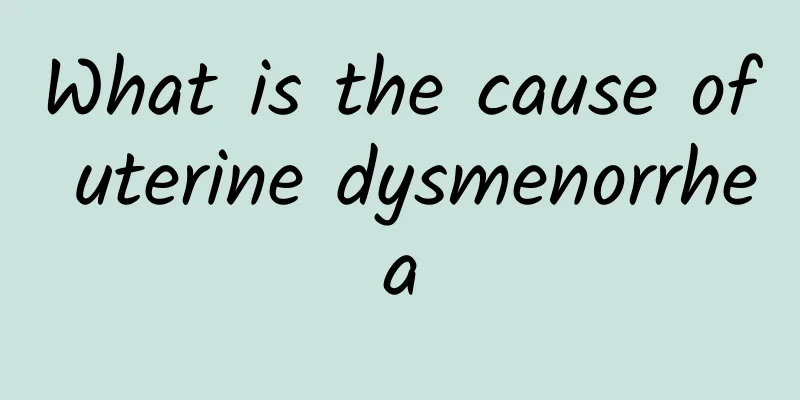What medicine to take to treat polycystic ovary

|
Polycystic ovaries are a disease that many patients are prone to. Because the cause of polycystic ovaries is relatively complex, it is also very difficult to treat. We should have a comprehensive understanding of the disease so that we can better treat the disease. When women have polycystic ovaries, it can cause irregular menstruation or infertility. Nowadays, some women have been married for many years without finding any signs of pregnancy. When they go to the hospital for a check-up, they find that they have polycystic ovary. This disease has a great impact on women's normal life. We should pay more attention to controlling the disease and prevent it from continuing to develop. We need to know what specific medicines are used to treat polycystic ovary. Today I will give you a detailed introduction on this aspect. Polycystic ovary is a very complicated disease. When the patient develops the disease, it directly affects the normal work and life. It can also cause problems such as menstrual disorders and infertility. At the same time, after the disease is treated, menstruation can generally be restored, and finally the purpose of fertility can be achieved. There are many clinical methods for treating this disease, mainly drugs. In general, after the patient has symptoms of polycystic ovary syndrome, the patient can take spironolactone or oral contraceptives to improve the symptoms of polycystic ovary. However, it should also be noted that different patients use different treatment methods. It is best to go to a regular hospital for treatment in time and choose a method that suits you to treat the disease. At the same time, patients with polycystic ovaries can also take letrozole and clomiphene to treat the disease. These two drugs are also very effective in improving and treating patients with polycystic ovaries, but the condition and health status of each patient are different, and the specific medication must be taken under the guidance of a doctor. In addition to improving patients' polycystic ovaries by treating the disease, there are many times when we can use certain surgical treatments to help cure and improve patients' polycystic ovarian syndrome, which will have better results. That’s all we have to say about what medicine to take to treat polycystic ovary. If the above methods are not very effective, you can consider laparoscopic surgery for treatment, which can lower the androgen level and achieve the treatment goal. Generally, after the symptoms are effectively controlled, normal ovulation can be restored and the disease can be cured as soon as possible. |
<<: Can right ovarian polycystic disease be cured?
>>: How to treat bilateral ovarian polycystic changes
Recommend
History of STDs may increase risk of ectopic pregnancy
A woman’s history of sexually transmitted disease...
What are the methods of abortion during pregnancy? Let’s take a look
For most young people, the current life pressure ...
What should I do if I am pregnant and I am diagnosed with uterine fibroids?
Uterine bleeding is the main symptom of uterine f...
Which hospital is good for treating endometrial thickening?
Which specialist hospital is good for treating en...
Is it normal for a 16 year old to have ovulation bleeding?
Ovulation bleeding at the age of 16 is also a nor...
How does Traditional Chinese Medicine view the treatment of irregular menstruation?
How does TCM treat irregular menstruation? Many p...
What are the precautions for pelvic inflammatory disease
Pelvic inflammatory disease is a common disease a...
What are the common symptoms of irregular menstruation?
Irregular menstruation is a common disease among ...
What is the difference between superconducting visual abortion and painless abortion?
In recent years, the probability of unwanted preg...
What are the methods to prevent adnexitis?
What is adnexitis? What are the prevention method...
What causes dysmenorrhea?
Generally, when it comes to dysmenorrhea, everyon...
How to treat endometrial thickening?
Experts point out that the factors that lead to e...
Vulvar infection and inflammatory irritation can cause vulvar leukoplakia
Vulvar leukoplakia refers to localized or diffuse...
What are the common symptoms of uterine fibroids? Can uterine fibroids cause uterine bleeding?
What are the symptoms of uterine fibroids? This n...
Under what circumstances does endometrial tuberculosis usually occur?
In our lives, many women will suffer from endomet...









